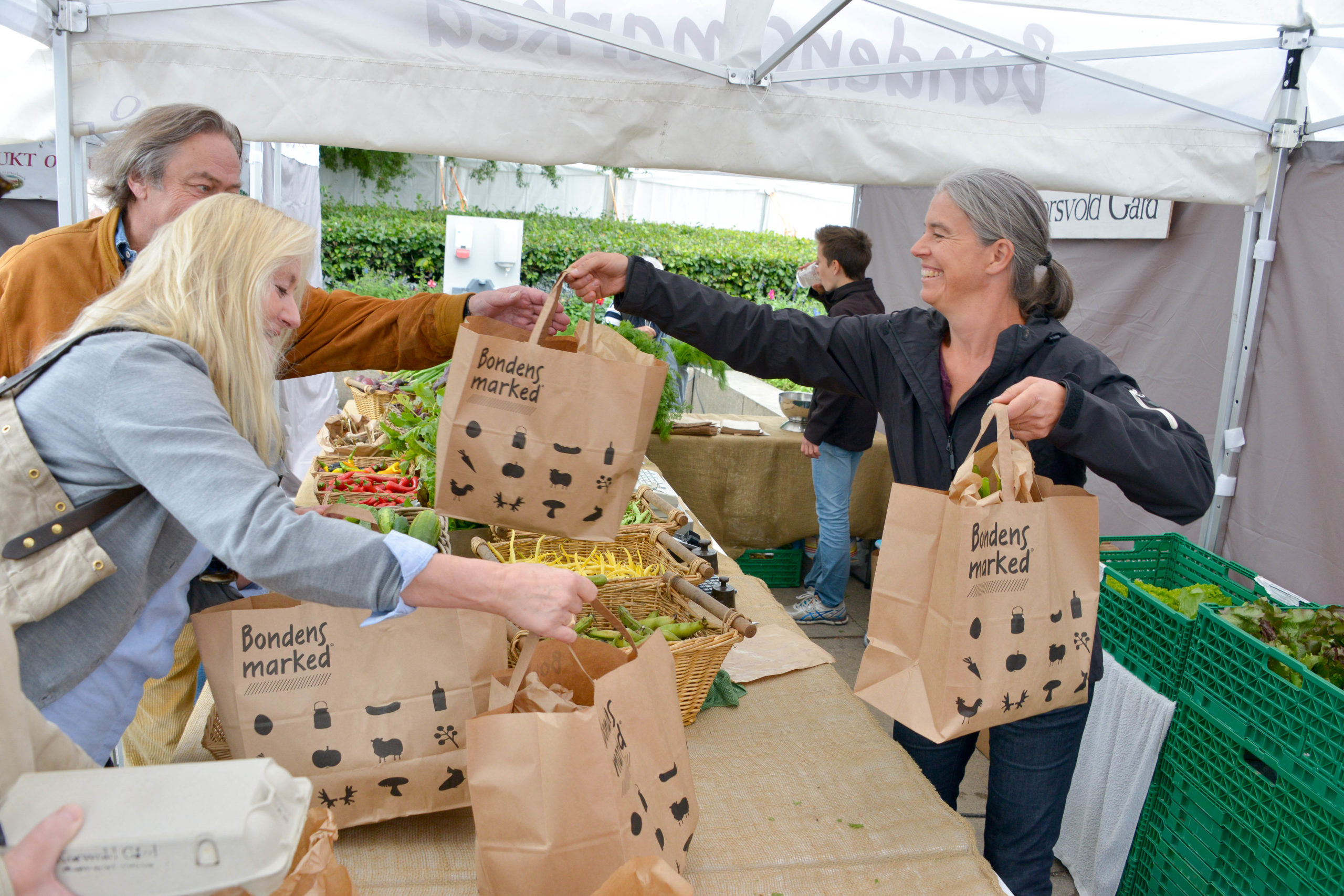On International Food Day 2021, a reflection on food waste is a must.
Today, thanks to the sale of local food products through a short supply chain, notably Farmers’ Markets, it is possible to tackle this scourge. The waste of food is in fact an unbearable scandal for the hundreds of millions of people who suffer from food access insecurity. We should also acknowledge the impact of the wasted resources attributed to the amount of food thrown in the garbage and the associated pollution and emissions that are produced. Every year in the world, an incredible one billion kilos of food is wasted, equal to 17% of that produced. This has an impact on the environment and climate, as well as on an economy already hit hard by the Covid emergency.
From an analysis by Coldiretti, the Italian Farmers’ Union, it emerges that the greatest food waste comes from private homes, where on average about 11% of the food purchased is thrown away, while canteens/ restaurants and retailers throw away 5% and 2% respectively. This turns out to be a real paradox when we consider that 2.37 billion people did not have access to a healthy diet in 2020, an increase of almost 320 million in a year.
The phenomenon also has disruptive effects on the economy, sustainability and the environment due to the negative impact on energy expenditures and waste disposal. In fact, it is estimated that the emissions associated with food waste represent 8-10% of the total greenhouse gases.
From an ethical as well as an economic standpoint, the Member Associations of the World Farmers’ Markets Coalition are engaged in the work of raising consumer awareness of how local food markets allow the containment of waste through a large network of farms and countryside markets. Thanks to this, transportation distances and times are reduced while guaranteeing increased product freshness and longer food storage times.






